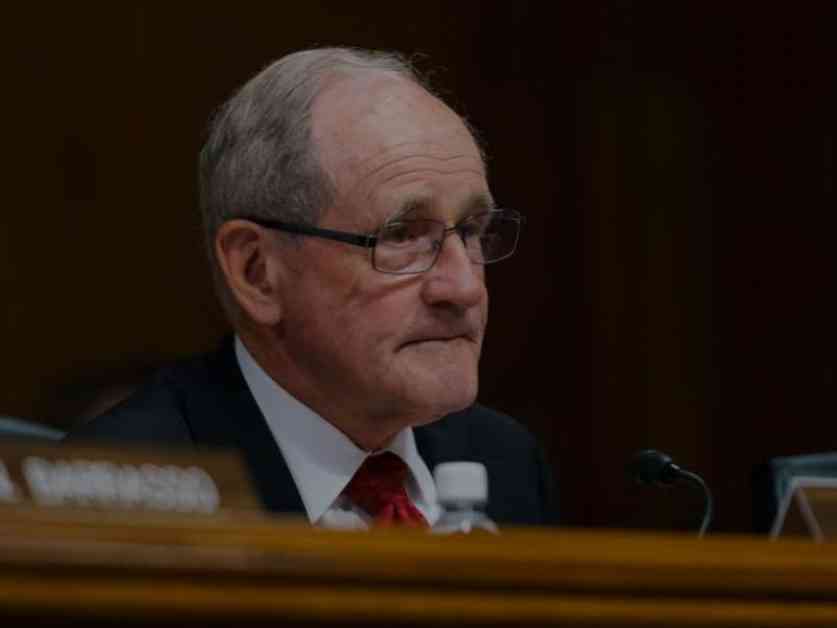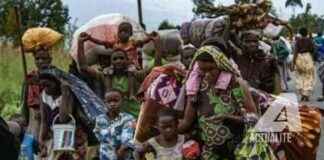Senator Risch Criticizes Biden Administration
Senator Jim Risch (R-Idaho), the chairman of the Senate Foreign Relations Committee, issued a scathing critique of the Biden administration on Friday. He accused the administration of failing to hold accountable the parties involved in past violations in the Democratic Republic of Congo (DRC). Risch emphasized that this failure had directly contributed to the current conflict unfolding in the region.
Rebels Advance Towards Goma
The senator’s statement came in response to the advancement of the M23 rebels towards Goma, the regional capital of North Kivu. He called on the M23 to halt their progress towards Goma and urged all conflicting parties to cease hostilities, ensure unimpeded humanitarian access, and uphold their commitments within the Luanda process.
Humanitarian Crisis in Eastern DRC
Risch highlighted the devastating impact of the conflict in eastern DRC, including the displacement of millions of people, widespread atrocities against women and children, and the destabilization of a region crucial for both regional and American economic security. He underscored the urgent need for all parties to prioritize the protection of civilians and adhere to international humanitarian law.
US Concerns Over Rwandan Involvement
The United States has repeatedly accused Rwanda of providing direct military support to the M23 rebels, a claim supported by reports from international organizations and UN agencies. This alleged support has further complicated efforts to address the conflict and has raised significant concerns regarding regional stability.
UN Secretary-General’s Call for Action
On January 24th, UN Secretary-General António Guterres condemned the M23 offensive and called on the group to withdraw from occupied areas and respect the ceasefire agreement signed on July 31, 2024. Guterres also expressed alarm over recent reports indicating a presence of Rwandan military forces in the DRC and ongoing support for the M23 rebels.
As we navigate through the complexities of international conflicts and diplomatic relations, it is crucial to remember the human toll of such crises. Behind the political statements and strategic maneuvers lie the stories of individuals whose lives have been upended by violence and instability. It is incumbent upon us, as global citizens, to advocate for peace, justice, and humanitarian assistance for those most affected by these conflicts. By amplifying their voices and supporting efforts to address the root causes of violence, we can work towards a more peaceful and secure world for all.

















